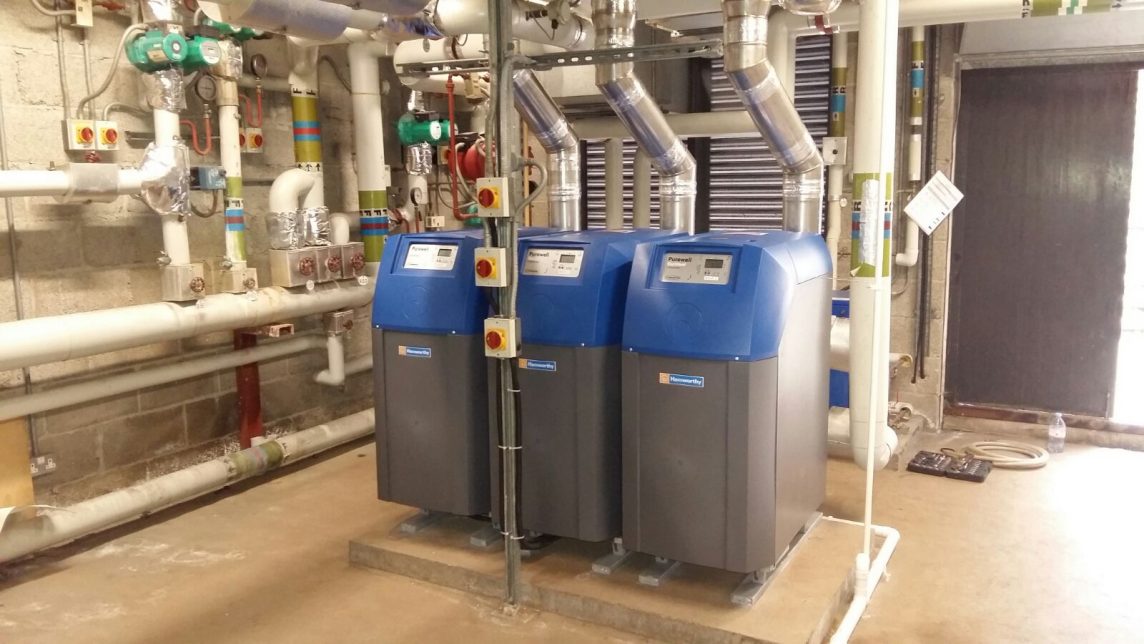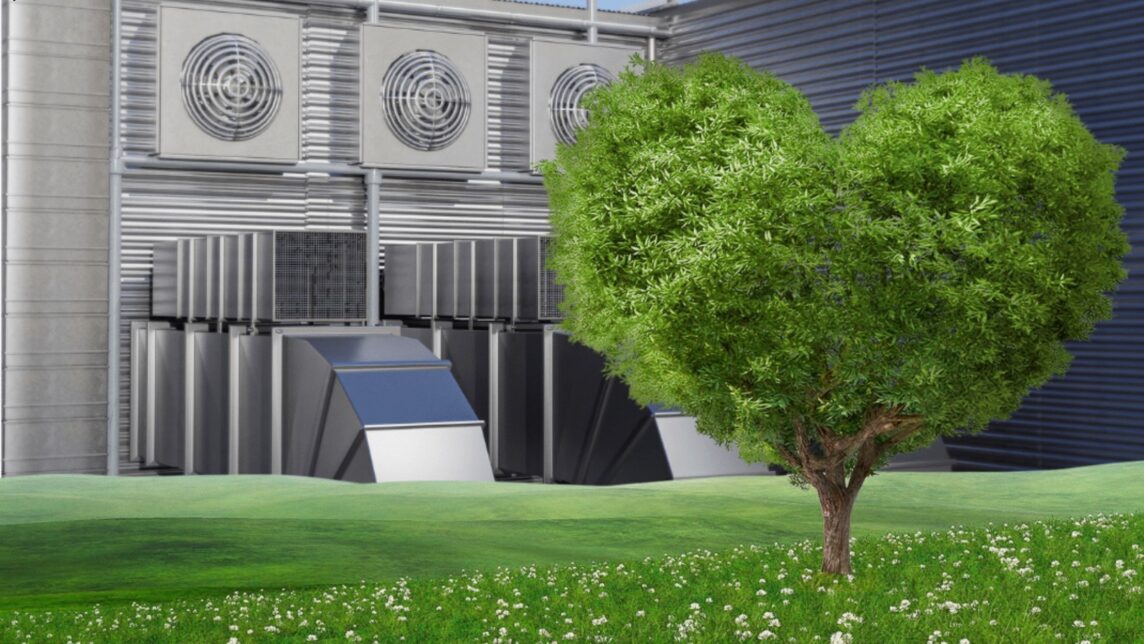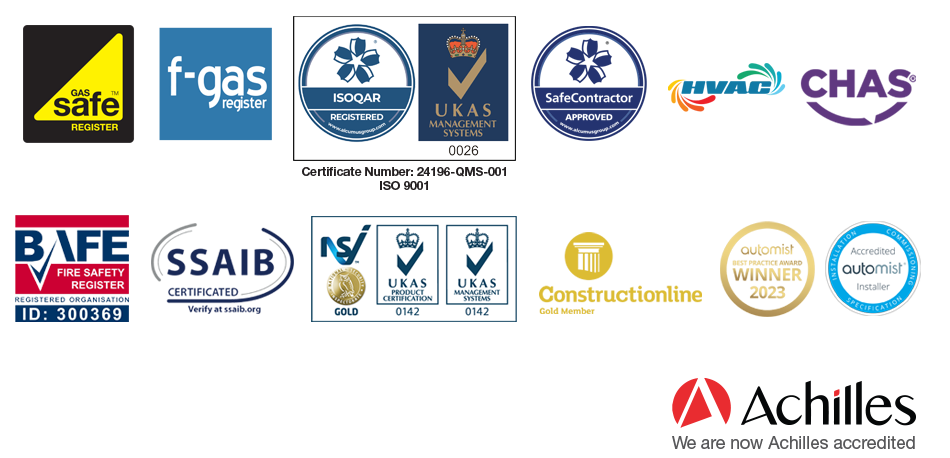Over the last few years, we have heard a lot of people worrying about gas boilers. Specifically, that gas boilers will be banned from 2025, and so they should look to replace them with something else. These are rumours, and no such ban is planned, but it’s important to remember that rumours are often based on fact. Here, it’s that The government has given all new build properties the target of reducing carbon by 75% – 807. And this is simply not possible with a gas boiler. So the likelihood is that gas boilers will become a thing of the past sooner rather than later.
What’s The Ban About?
The rumours around gas boilers being banned came from a speech made by Phillip Hammond’s Spring Statement in 2019. He said:
“We will introduce a Future Homes Standard, mandating the end of fossil-fuel heating systems in all new houses from 2025.”
Although he didn’t specify gas, it’s reasonable to include gas within the fossil fuel family, so you can understand why this quote grabbed the headlines.
There are hints in previous Government reports that things were going to start moving in this direction, but not at such a pace…
The Clean Growth Strategy in 2017 puts forward plans to stop new homes from using oil or coal heating systems from the mid-2020s, but only in locations where mains gas isn’t available. The Clean Air Strategy, published last year, also talks about banning oil and coal heating, as well as restricting wood-burning stoves in urban areas, but again doesn’t mention a gas phase-out.
Maybe Hammond had been reading the ‘UK Housing: Fit for the Future’ report created by the Committee for Climate Change last month, which recommended new homes from 2025 wasn’t connected to the gas grid at all – instead using low carbon heat sources. This committee is completely independent of Government and has the job of pushing a very green agenda in Parliament.
What Are The Alternatives?
So if you’re building a new property, or are just looking to replace an old boiler, your choices likely won’t include another gas boiler. Instead, you‘re likely to be faced with a range of renewable options instead. These include:
Hydrogen Boilers: A hydrogen-ready boiler is a gas-fed heating boiler which is capable of burning either natural gas or pure 100% hydrogen.
Heat Pumps: A relatively new technology, more common in the commercial sector), heat pumps source thermal energy from a variety of sources including air, ground and water, and use it to provide power for the pump.
Hybrid Systems: A hybrid heating and hot water system is a combination of two or more technologies generating heat to provide heating and hot water to the home or building.
Should You Replace Your Boiler Now?
Given all of the advantages other forms of heating have, you might be tempted to upgrade your boiler or HVAC system now. And if you are at the point of needing to replace the system anyway, or install one from scratch, then we would definitely recommend installing one of the alternates to a gas boiler. However, if your gas boiler system is still fully operational, then now might not be the best time to upgrade.
Since it won’t be a legal requirement to replace your boiler, doing so would only create waste. Instead, we recommend implementing a regular maintenance plan for your boiler system. This will help your boiler run more efficiently and increase its lifespan until you are ready to replace it with a more energy-efficient option.
At Bonus Events Maintenance this is exactly what we do. Our experts provide both emergency and planned maintenance to a range of HVAC systems, along with changing ports and even upgrading entire systems to be more energy efficient. If you’re thinking about replacing your commercial or domestic gas boiler, just get in touch with the team today to book your free consultation.
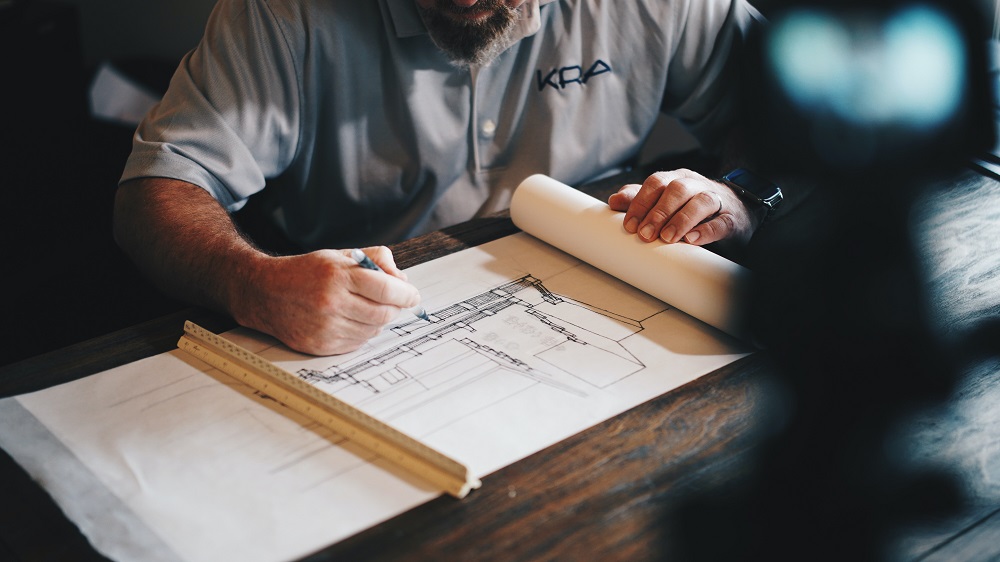
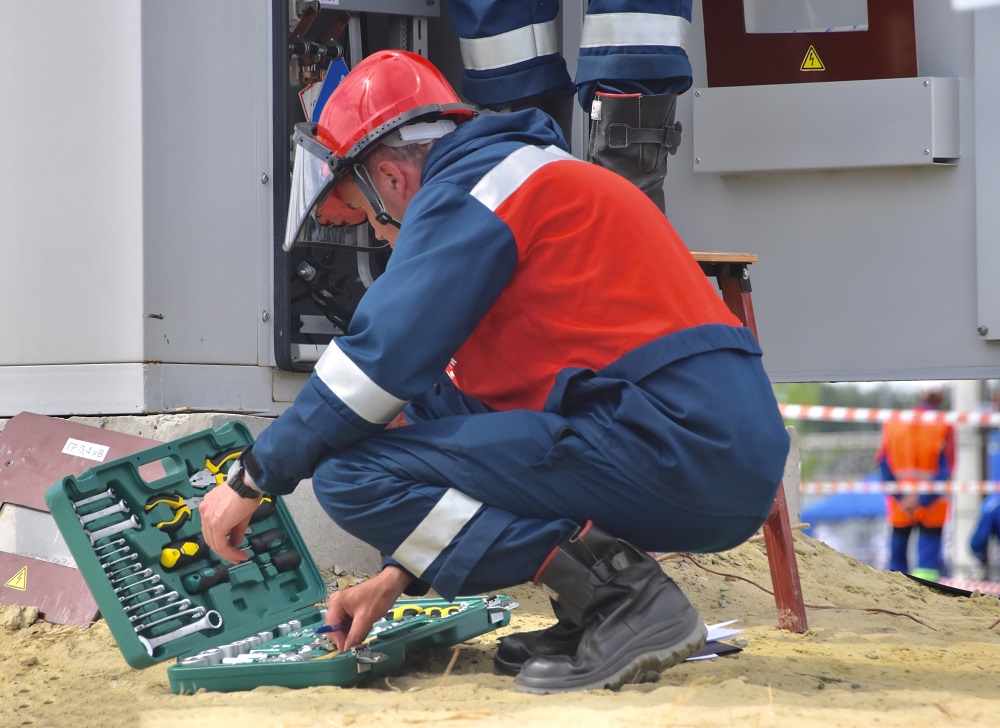
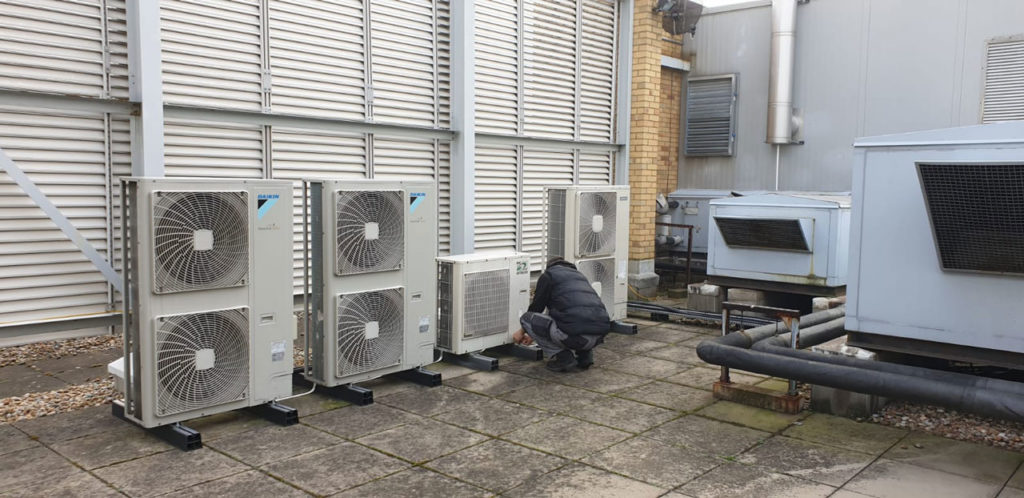 Why Invest in Preventative Maintenance?
Why Invest in Preventative Maintenance?
